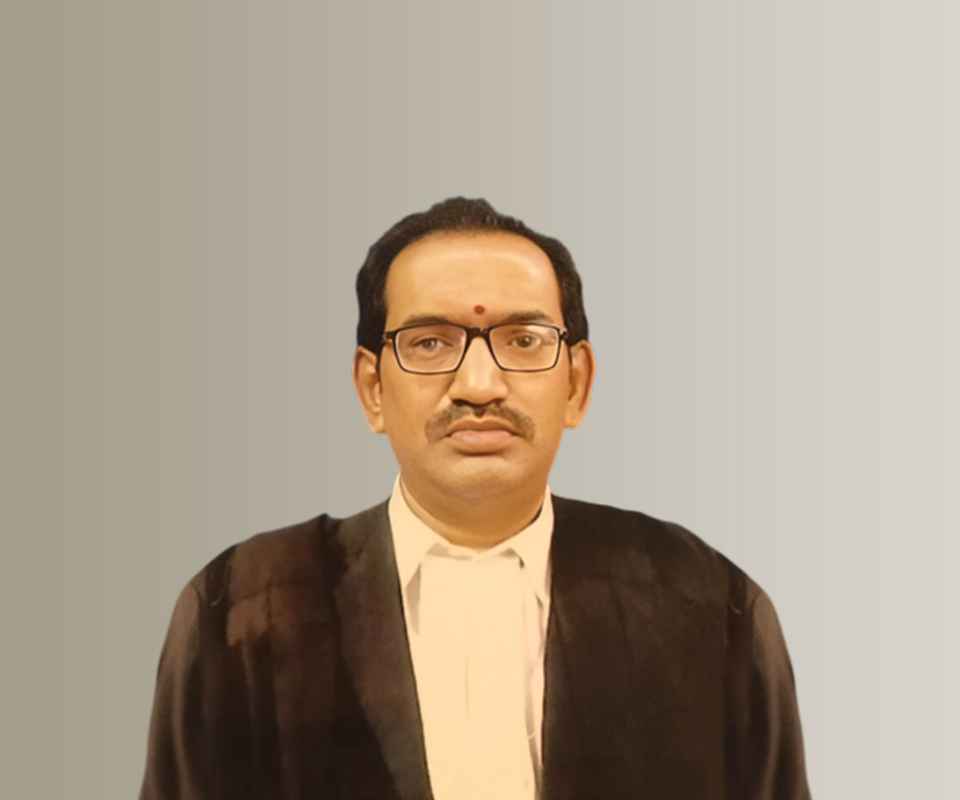Answer By law4u team
A patent is a legal right granted by the government to an inventor or applicant, giving them exclusive rights to make, use, sell, or license their invention for a specific period, usually 20 years from the date of filing. It prevents others from copying, manufacturing, selling, or distributing the invention without the patent holder’s permission. Governing Law in India: Patents in India are governed by the Patents Act, 1970, as amended (most recently in 2005 to comply with WTO-TRIPS requirements). This Act continues to be in force and is not replaced by BNS or BNSS. What Can Be Patented? For an invention to be patentable in India, it must meet the following criteria: 1. Novelty The invention must be new — not known or used before in India or anywhere else in the world. 2. Inventive Step (Non-obviousness) It should not be obvious to someone skilled in the same field. 3. Industrial Applicability It must be capable of being made or used in some kind of industry. 4. Not in the List of Non-Patentable Items The invention must not fall under categories that are specifically excluded under Section 3 and Section 4 of the Patents Act (like discoveries, mathematical formulas, business methods, traditional knowledge, etc.). Types of Patents: Utility Patents – for new inventions and processes. Design Patents – for new ornamental designs. Process Patents – for a new method or process of manufacturing. Rights of a Patent Holder: Exclusive right to commercialize the invention. Right to prevent others from making, using, or selling the invention without permission. Right to license the invention to others and earn royalties. Right to sue for infringement and claim damages or injunction. Duration: 20 years from the date of filing of the patent application (subject to renewal fees being paid regularly). No extension beyond 20 years under current Indian law. Application Process (in brief): 1. Filing a Patent Application with the Patent Office. 2. Publication of the application (after 18 months). 3. Request for Examination by the applicant. 4. Examination by a Patent Officer. 5. Objections, if any, are addressed. 6. Grant of Patent, if all conditions are satisfied. Importance of Patents: Encourages innovation by rewarding inventors. Provides a monopoly for commercial benefit. Helps in technology transfer and investment. Contributes to economic growth through IP protection.









